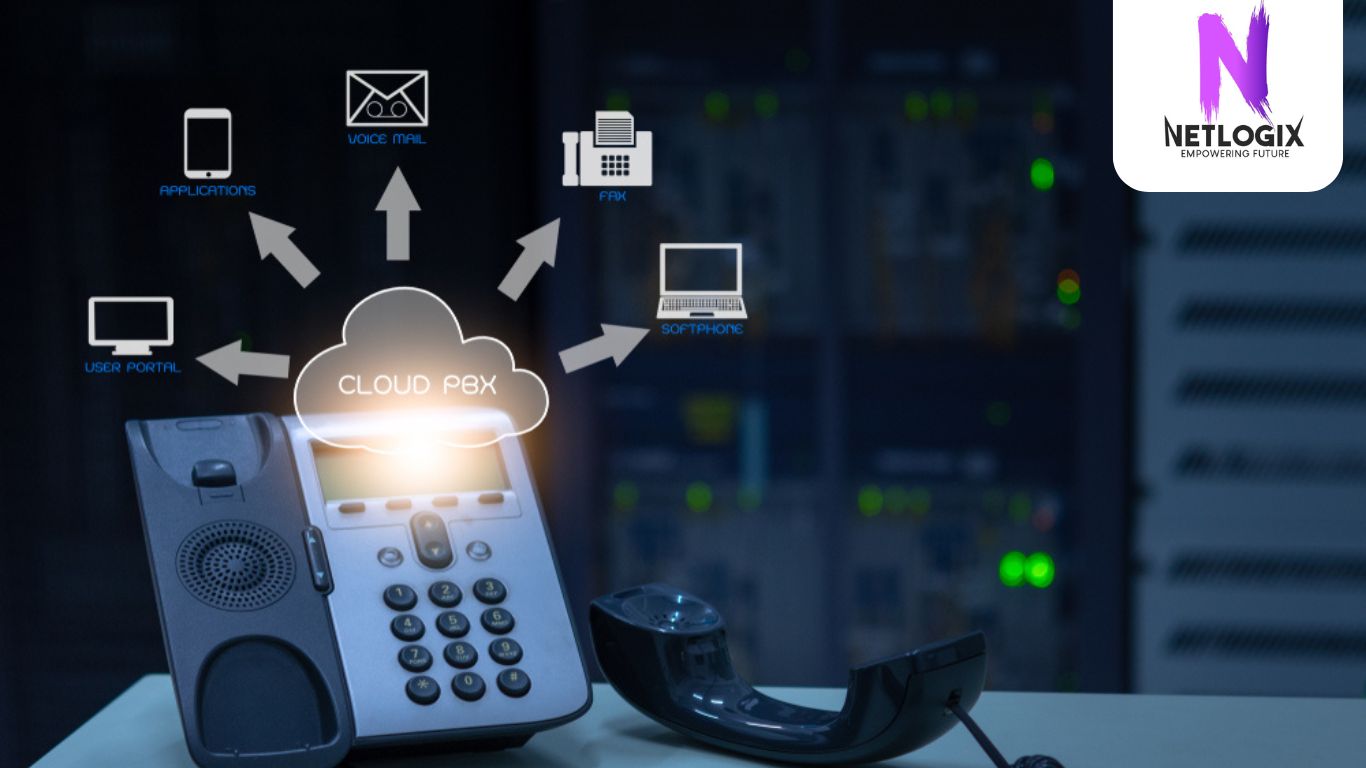A PBX (Private Branch Exchange) phone system is an advanced telecommunication solution that allows businesses to manage internal and external phone calls efficiently. It acts as a private telephone network within an organization, enabling seamless communication while reducing telecommunication costs. PBX phone system are widely used in offices, call centers, hotels, and enterprises that require a reliable and scalable communication infrastructure.
Types of PBX Phone Systems
PBX systems come in various types, each designed to meet specific business requirements:
Traditional PBX (Analog PBX) – This system operates on a traditional phone line and uses circuit-switched technology. It requires on-premises hardware and is best suited for businesses that prefer a landline-based communication system.
IP PBX (Internet Protocol PBX) – This modern PBX system uses VoIP (Voice over Internet Protocol) technology to facilitate calls over the internet instead of traditional phone lines. It offers advanced features such as call routing, voicemail, and integration with CRM software.
Hosted PBX (Cloud-Based PBX) – A hosted PBX system is managed off-site by a third-party provider. It eliminates the need for expensive hardware, making it a cost-effective solution for businesses that want a flexible and scalable communication system.
Hybrid PBX – This system combines traditional and IP PBX features, allowing businesses to transition gradually to a VoIP-based system without completely discarding their existing infrastructure.

Key Features of a PBX Phone System
Call Routing & Forwarding: Directs incoming calls to the right department or extension, ensuring efficient communication.
Auto Attendant: Acts as a virtual receptionist, providing callers with menu options and directing them to the appropriate extension.
Voicemail & Call Recording: Stores voice messages and records calls for training, security, and compliance purposes.
Conference Calling: Supports multi-party calls, making it easy for teams to collaborate.
Caller ID & Call Waiting: Displays caller information and allows users to handle multiple calls simultaneously.
Integration with CRM & Business Tools: Enhances customer service by linking call data with customer relationship management (CRM) software.
Remote Access & Mobile Compatibility: Enables employees to make and receive calls from anywhere using a mobile app or softphone.
Benefits of Using a PBX Phone System
Cost Savings – PBX systems, especially VoIP-based ones, reduce calling costs, particularly for international and long-distance calls.
Scalability – Businesses can easily add or remove extensions as they grow.
Improved Productivity – Features like call forwarding, voicemail-to-email, and automated attendants enhance efficiency.
Professional Image – An auto-attendant and call routing ensure that customers receive prompt and professional service.
Enhanced Security – Many PBX systems include encryption and authentication features to protect sensitive communication.
Selecting the Ideal PBX System for Your Business
When selecting a PBX phone system, consider factors like the size of your business, budget, required features, and future scalability. For businesses in Dubai and the UAE, investing in a reliable PBX system ensures smooth operations and enhanced customer interactions. Whether opting for an on-premises PBX, VoIP PBX, or a cloud-based solution, the right system can significantly impact business efficiency. Net-Logix stands out as the best PBX and VoIP business telephone provider, offering reliable and feature-rich communication solutions.
Instagram: https://www.instagram.com/netlogixinformationtechnology/
